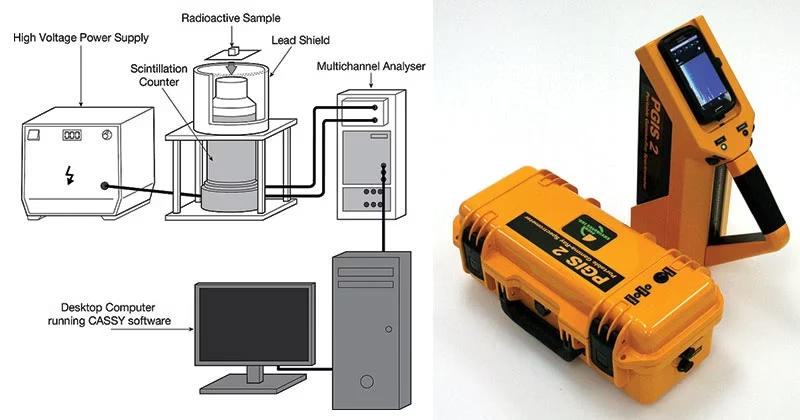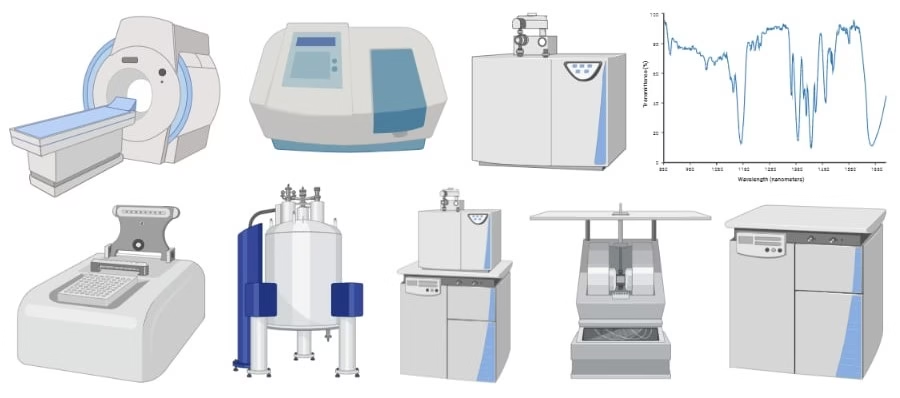Gamma-ray Spectroscopy – Definition, Principle, Instrumentation, Applications, Advantages & Limitations
Gamma-ray spectroscopy (GRS) is a technique that measures the energy distribution of gamma rays emitted by a radioactive sample. By analyzing this spectrum, scientists can identify and quantify specific isotopes present in the material.

